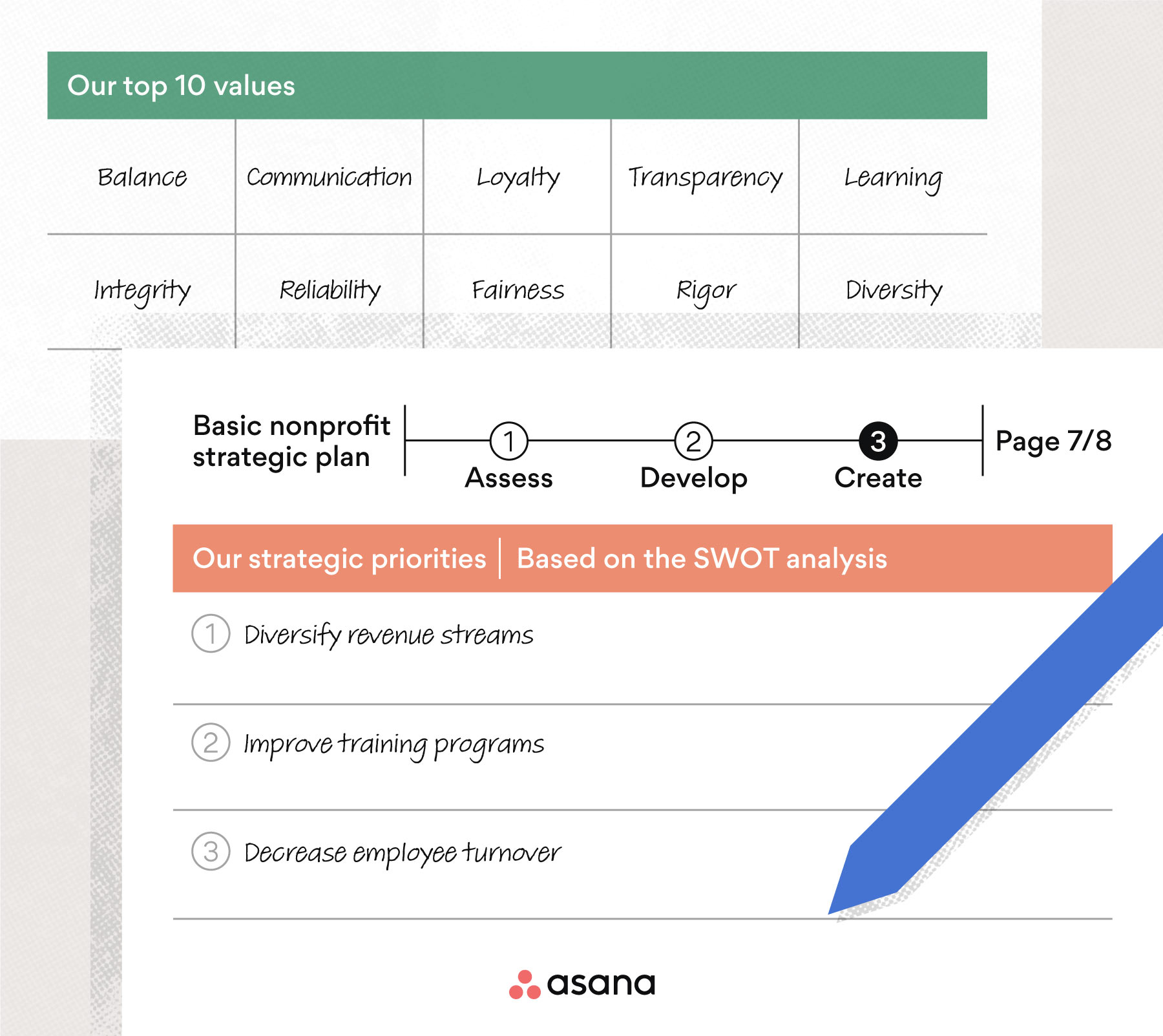
Choosing accounting software for your small business should be easy, but it is not just a numbers game. There are many other important considerations as well, including security, user roles, reporting and analytics, and more. This article will outline some key areas to consider when choosing the best system for your needs. After reading it, you'll have an idea of what to look for in an accounting system. These are the things to keep in mind when selecting an accounting software program for small businesses.
Data security
Data breaches are common in the accounting sector. Data breaches are becoming a more frequent occurrence. The EU’s General Data Protection Regulation has raised this concern to the forefront for business owners. You must implement cybersecurity measures in your accounting program to avoid such problems. These controls can protect sensitive client and corporate information. Three essential steps are required to protect your information. Continue reading for more information.

User roles
CosmoLex allows users to be assigned a role that suits their needs. Billing Only users are able to enter time cards and create invoices. However, they cannot view time cards unless they have permission from the Matter Owner. Timekeepers are another role that can be assigned to view and input time cards, but they cannot view any data in the system. User levels can have multiple permissions for this role, and these are referred to as Application Roles.
Reporting
Accounting software programs generally allow you to create custom reports. However, more advanced systems may offer account analytics. Account analytics involves analyzing Big data, usually to answer an accounting query. Tabular reporting, in other words, presents descriptive statistics as a table format. The purpose of this reporting method is to help users create analysis reports by grouping data into various categories and classes. These data can be used for accounting analysis and statistics calculation. This functionality is critical for all businesses.
Analytics
Analytics and big data can provide businesses with valuable insight and actionable insights into their cash flow. Banks can improve their liquidity management processes by studying transaction history and other public information. These technologies help banks reduce their credit risk as well as manage their collateral. They can detect potential risks early and mitigate them before the situation becomes unmanageable. Analytics in accounting software has also grown thanks to real-time reporting tools, cloud computing, and cloud computing. Analytics in accounting software has three main benefits.

Cost
The number and price of accounting software are directly related to the number of users it supports. These users are typically called users by software vendors. While concurrent users refers to all users who can log in, they also include any other users. For example, five employees in a construction company will not require the same support as those with many more users. Software vendors may be able to provide extensive support for large construction firms. Accounting software's price will vary depending on how many users are involved.
FAQ
How is consulting different from freelancing
Freelancers, who are self-employed and provide services to clients without the need for employees, are independent contractors. They generally charge an hourly rate depending on how long they spend on a client project. Consultants typically work for agencies and companies that employ them. Their salaries are often paid monthly, or annually.
Consultants often have more flexibility, while freelancers can choose to work when they want and set their own rates. But consultants have more benefits like vacation days, health insurance and retirement plans.
What skills are necessary for consulting?
As a consultant, you should have both strong interpersonal skills and analytical skills. This is vital because you may not understand the scope of your work. It is important to learn how to quickly solve problems and manage people.
Excellent communication skills are also essential. Most clients expect a reply within 24 hours. If they don’t hear back, they assume that you aren’t interested. It's crucial to keep them informed and make sure they understand everything.
What qualifications do you need to be a consultant?
Not only is it important to have an MBA but you should also have business consulting experience. A minimum of two years' experience in consulting, training and/or advising a major company is necessary.
You should have had experience working with senior management to create strategy. This requires you to feel confident presenting ideas to clients, and getting buy-in.
A professional qualification exam, such as the Certified Management Consultant (CMC), of the Chartered Management Institute (CMI), is also required.
Why would a company employ a consultant to help them?
Consulting provides expert advice about how to improve your business performance. They don't sell products.
A consultant helps companies make better decisions by providing sound analysis and recommendations for improvement.
Senior management teams often have consultants working closely with them to help them understand their needs.
They also offer leadership training and coaching to ensure that employees are able to perform at their best.
They can help businesses reduce costs, streamline processes, and increase efficiency.
How do I get clients for my consultancy business?
The first step is to find an area you are passionate about. This could be social media or public relations. However, it must be something that you are passionate about. You may need to start small and find a niche market like web design. Once you have discovered the niche, understand what it does. What problems can it solve? Why should people use it? How can you help them?
You could also approach businesses directly. Perhaps they are looking for someone who can help them understand SEO and content creation or just need advice on social media strategy.
If all else fails you can offer your services at free events such as conferences or networking nights. This will allow you to meet potential customers without the need for advertising and also allows you to showcase your skills.
Statistics
- WHY choose me: Why your ideal client should choose you (ex: 10 years of experience and 6-week program has helped over 20 clients boost their sales by an average of 33% in 6 months). (consultingsuccess.com)
- Over 50% of consultants get their first consulting client through a referral from their network. (consultingsuccess.com)
- According to statistics from the ONS, the UK has around 300,000 consultants, of which around 63,000 professionals work as management consultants. (consultancy.uk)
- Over 62% of consultants were dissatisfied with their former jobs before starting their consulting business. (consultingsuccess.com)
- My 10 years of experience and 6-step program have helped over 20 clients boost their sales by an average of 33% in 6 months. (consultingsuccess.com)
External Links
How To
How do I find a good consultant?
Finding a great consultant starts with understanding your expectations. Do you want them help improve your website's efficiency? You want them to optimize the site for search engines to make it rank higher. Maybe you want someone to check on your current hosting provider and tell you if it is in need of improvement. When you are clear about the services you require, you can start to look at other companies. Many consultants claim that they can offer these services. But only a small percentage of them are able to deliver. How do you choose the right consultant? Here are some things that you need to keep in mind when selecting a consultant.
-
Refer to others. This is probably the best way to choose a consultant. It's not a good idea to hire someone you haven't heard of, as you will likely end up paying too much. You also don't want someone with a poor reputation to work for you. If you are lucky enough to be referred by people you trust, that's awesome! You can check online reviews even if they don't refer you. Seek out testimonials from satisfied clients.
-
Ask around. Many people are unaware that hiring a consultant could make a difference. People believe they don't have to make any changes because they are currently doing well. However, this is usually untrue. Even if you're getting great results right now, chances are that you haven't been keeping up with new trends or technologies. If you continue to rely on outdated methods, your business will be unable to grow. Ask around to find a qualified consultant.
-
Verify their qualifications. It doesn't matter if you are looking for a consultant to help you build a blog or launch a multimillion-dollar eCommerce site, you need to make sure they have the right skills to manage your project. You must ensure they have the necessary skills and qualifications to carry out the tasks.
-
Find out what kind of projects they specialize in. While you might assume that everyone can handle everything, this isn't true. Certain areas may require special training or education. If you are looking for someone to create a WordPress theme, then you will not want to hire someone who isn't a specialist in Drupal. The same applies to programming languages, graphic design and other areas. Ask the designer what kind of projects they have worked on in the past.
-
Know what they charge. As we stated, you don’t want to pay too little for a consultant. You don't necessarily want to pay too low, but you shouldn't either. There are many different types of consultants. Some bill hourly, while others are charged per project. Knowing exactly what you're paying upfront will save you money down the road.
-
Learn what they offer. Are they offering free consultations or other services? They will be able to offer you guidance on setting up your own system. Is it possible to be sure that your site ranks higher when you work with them If you don't like what you hear during your consultation, you should feel confident knowing you can cancel without penalty.
-
Finally, find out if they offer discounts for multiple months or years. Many consultants offer discounted pricing for extended periods of time. It is not necessary to commit to an entire year. However, you could still benefit from any deals offered by the consultants.